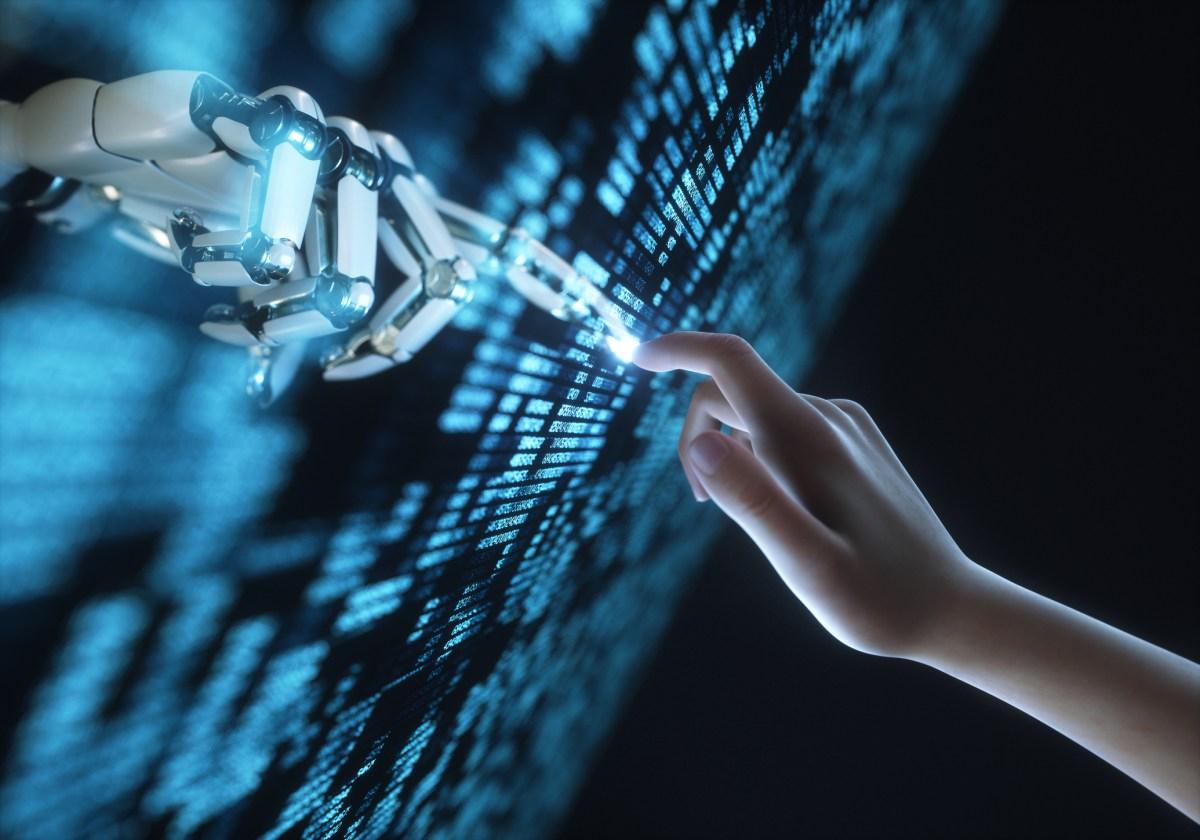In today’s rapidly evolving technological landscape, Artificial Intelligence (AI) stands out as a transformative force shaping numerous aspects of human life, from automating routine tasks to enhancing decision-making processes. While AI offers undeniable benefits, it has sparked an ongoing debate: Is AI making us dumb? This question delves into the potential drawbacks of AI on human intelligence, cognition, and skills. Let’s explore this complex topic by examining both sides of the argument.
Understanding AI’s Role in Everyday Life
AI technologies have permeated various sectors, creating a significant impact on how we live and work. From virtual assistants like Siri and Alexa to sophisticated algorithms driving medical diagnostics, AI tools assist humans in numerous ways. They enable us to:
- Automate Routine Tasks: AI helps streamline mundane activities, enhancing efficiency for both individuals and businesses.
- Enhance Decision Making: Data-driven insights provided by AI allow for quicker, more accurate decisions in sectors like finance, healthcare, and logistics.
- Improve Personalization: AI algorithms tailor our online experiences, from shopping recommendations to content curation.
While these advancements present significant advantages, critics argue they might be contributing to a decline in human cognitive abilities.
The Argument: Is AI Making Us Dumb?
At the core of the debate is the belief that by outsourcing tasks and decision-making to machines, we might be over-relying on AI, consequently diminishing our cognitive capacities. This over-reliance may manifest in several ways:
- Reduced Problem-Solving Skills: With AI providing instant solutions, individuals might not engage in critical thinking or problem-solving as often.
- Memory Decline: The convenience of storing information digitally allows for less emphasis on memory retention.
- Dependence on Technology: The ease of using AI tools might make people less inclined to develop skills independently.
Despite these concerns, it is essential to recognize that AI, much like any tool, can have both positive and negative impacts, depending on how it is leveraged.
AI as an Enhancer of Human Intelligence
Contrary to the notion that AI makes us less intelligent, many experts believe that AI can augment human capabilities. By handling rote tasks, AI allows humans more time to focus on creative and strategic endeavors. Here’s why AI could be seen as a complement, rather than a substitute, to human intelligence:
- Fostering Creativity: With AI managing repetitive tasks, professionals can dedicate more time to creative pursuits, driving innovation.
- Expanding Knowledge: AI’s vast data capabilities enable us to access and analyze information more effectively, broadening our understanding.
- Promoting Skill Development: The evolution of AI technologies encourages continuous learning, fostering new skills and competencies.
Overall, AI has the potential to be a powerful ally in enhancing human capabilities, provided it is utilized judiciously.
Balancing AI Integration with Human Development
To leverage AI’s potential without detracting from human capabilities, it’s crucial to strike the right balance. Here are some strategies to ensure AI serves as a catalyst for human development:
- Education and Training: Incorporating AI literacy in educational curricula can prepare individuals to use AI tools effectively and responsibly.
- Skill Enhancement: Encouraging continuous learning and skill development can help individuals remain competitive in an AI-driven world.
- Ethical Use of AI: Implementing robust AI ethics frameworks can ensure that these technologies are used for the greater good, promoting transparency and accountability.
By adopting these strategies, society can harness AI’s power while maintaining and enhancing human intelligence and skills.
Looking to the Future: AI and Human Coexistence
As AI technologies continue to evolve, it is imperative to remain vigilant in how they are integrated into our daily lives. The question of whether AI makes us dumb is less about the technology itself and more about our approach to utilizing these powerful tools. By embracing AI as a partner, not a replacement, we can ensure that it complements our intelligence, capabilities, and creativity.
Ultimately, AI has the potential to enhance our way of living, provided we navigate its challenges with foresight and responsibility. It is through this balanced integration that we can achieve a future where AI enhances human life rather than diminishes it.
For an in-depth exploration of this topic, visit the original article on TechCrunch.

Hozzászólások